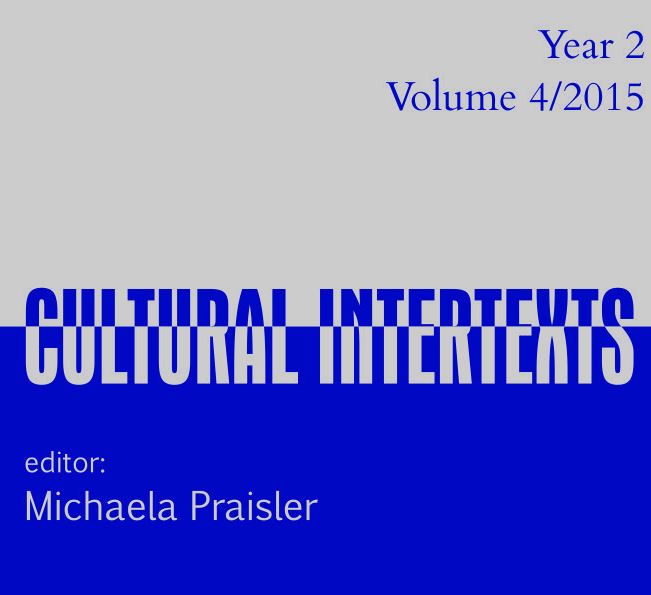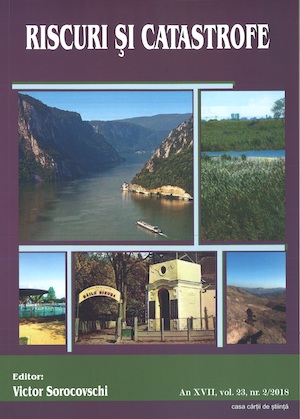REVISTA RISCURI SI CATASTROFE
Frequency: 2 issues / Country: Romania
Revista“Riscuri și catastrofe” (Risks and Catastrophes Journal ) is one of the scientific journals of the "Babes-Bolyai” University from Cluj-Napoca, Faculty of Geography, Romania.
The journal has two issues per year and provides for experts from various fields information about terms and concepts related to disasters and risks, and also research results in this area. The understanding of the risk phenomena and processes mechanisms in time and space is achieved through careful research by experts in various fields of science. Among them an important role is played by geographers, because these phenomena and processes are manifesting in the geographical fields, and their behavior is subjected to the tempo-spatial laws. Achieving in-depth knowledge of the risk phenomena and processes helps in the risk management policy, and also in their prediction and prevention, and last but not least in the reconstruction of the affected environment.
The publication presents topics of great scientific interest focused on several issues: conceptual and methodological approaches, geomorphic, climatic and water risk phenomena and processes in Romania and other countries of the world, risks caused by human activities, disaster and risk management etc.
In the volumes published so far there are included studies on risk phenomena written by members of the academic staff from the Faculty of Geography in Cluj-Napoca and specialists from other universities and research institutes in the country (Bucharest, Iasi, Timisoara, Oradea , Tg. Mures, Suceava, Sibiu, etc..) and abroad (France, Italy, Greece, Germany, Hungary, Czech Republic, Croatia, Canada etc..).
We invite the members of our faculty and academic staff and also the colleges from the country and abroad to participate to our journal, publishing research results undertaken in the field of natural and anthropogenic risks and hazards.
The journal is open access and free of charge (providing free access to all its issues), thus supporting the international exchange of knowledge.
More...




